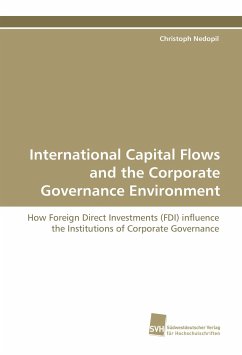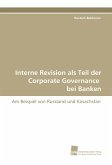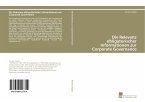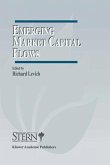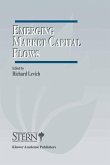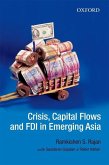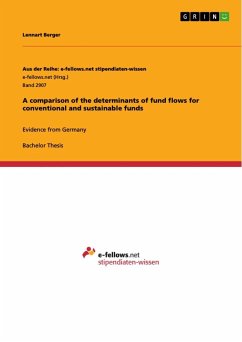The relationship between the institutions of corporate governance and capital flows is complex. The majority of the literature however concentrates on the influence corporate governance has on investments. The reverse causality was so far mostly neglected, despite great relevance for investors, managers and policy makers. Christoph Nedopil focuses in this study on the topic what influence international investments have on the development of the corporate governance environment and answers this question both conceptually and empirically. For this purpose a quantifiable model for the corporate governance environment is developed, which is analyzed employing a novel dataset for the period between 1991 and 2005. The author can show that the corporate governance environment in developing countries improves under certain circumstances, especially if the corporate governance environment of the source country of the investment is higher developed. The findings of this study help both theacademic debate on corporate governance as well as the economic and political discussion on whether and how foreign investors influence the evolution of various institutions.

